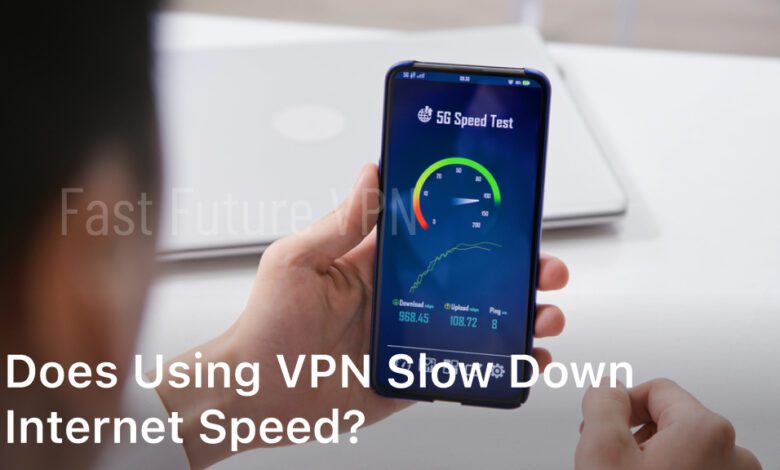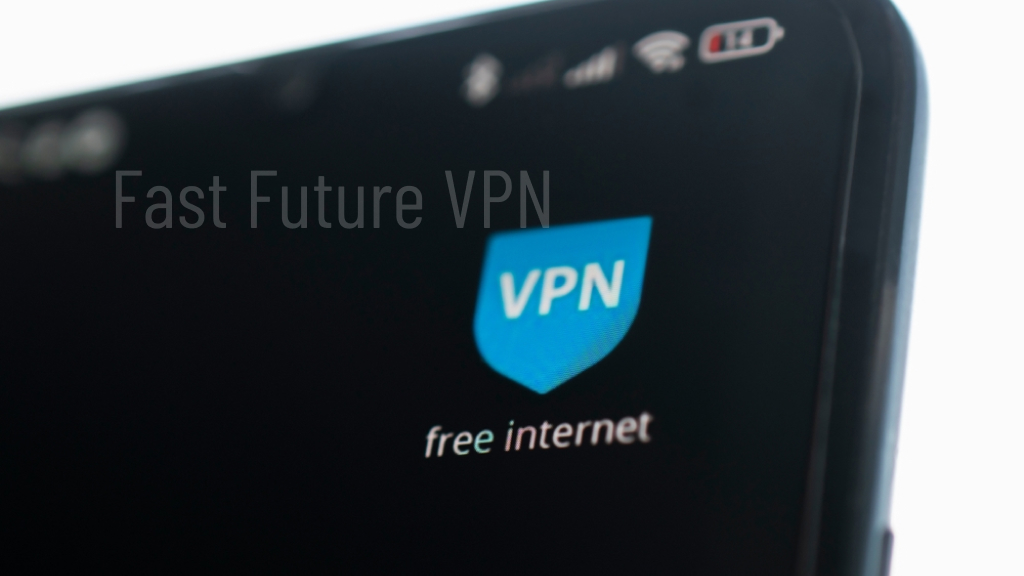
When it comes to using a VPN, one of the concerns that often arise is whether it slows down your internet speed. VPNs have gained widespread popularity, but many users are still skeptical about their impact on internet connectivity. In this section, we will explore the impact of using a VPN on your internet speed. We will investigate if VPNs slow down internet speed, and if so, how much of an impact it can have on your online experience. We will also address some of the common misconceptions related to VPN slow down internet speed. Read on to find out more.
Understanding VPN Speed Issues

Using a VPN can lead to slow internet speed due to multiple factors. One factor is encryption, which can cause a delay in transmitting data between your device and the VPN server. The level of encryption used can impact the speed of data transmission.
Another factor to consider is server distance. When a VPN server is located far from your location, the time it takes to transmit data will inevitably increase. Large distances between you and the VPN server will likely cause higher latency and slower download and upload speeds.
Bandwidth limitations can also impact VPN speed since providers allocate different levels of bandwidth to users, often based on subscription plans. When bandwidth is limited, data transmission may slow down, causing decreased internet speed.
It is important to note that the impact of VPN speed issues on your internet experience may vary. By understanding these issues, you can take steps to optimize your VPN connection for faster speeds and better performance.
Tips to Improve VPN Connection Speed
When using a VPN, connection speed can slow down due to factors such as server distance and encryption. However, there are several ways to improve your VPN speed and enhance your online experience.
1. Choose the Right Server
One of the most effective ways to improve your VPN connection speed is to select a server that’s closer to your physical location. This can reduce latency and minimize the distance your data has to travel.
2. Optimize Your VPN Settings
Adjusting your VPN settings can also improve your connection speed. For example, you can try changing your encryption level or protocol to reduce the strain on your bandwidth.
3. Maximize Your Network Resources
Another way to improve your VPN speed is to optimize your network resources. You can close bandwidth-heavy apps and programs, disable auto-updates, and limit background processes to free up more bandwidth for your VPN.
4. Consider Upgrading Your Internet Plan
If you regularly use a VPN, upgrading your internet plan may be necessary to maintain good connection speeds. A higher speed plan can help reduce latency and support more simultaneous connections.
By implementing these tips, you can improve your VPN connection speed and enjoy a seamless browsing experience.
Impact of VPN on Browsing, Download, and Upload Speed
Using a VPN can have an impact on your online activities, including browsing, download, and upload speeds. The level of impact will depend on several factors.
Browsing Speed
When you use a VPN, your internet traffic is encrypted and routed through a different server, which can cause a slowdown in your browsing speed. This is because the server may be located in a different location and may not be optimized for speed. Additionally, because the traffic is encrypted, it takes longer to process, further slowing down your browsing experience.
Download Speed
Downloading files over a VPN can also be slower than usual. This is because the VPN server has to decrypt the traffic before sending it to you, which takes time. Additionally, if you choose a VPN server that is located far away from your location, it can result in slower download speeds.
Upload Speed
Uploading files over a VPN may also be slower than usual. This is because the traffic has to be encrypted before it leaves your device and sent to the VPN server. Additionally, the server may be located far away from your location, which can result in slower upload speeds.
While using a VPN can cause slowdowns in your online activities, the benefits of using a VPN, such as increased security and privacy, often outweigh the drawbacks. Consider your specific needs and priorities when deciding whether to use a VPN.
Conclusion
In conclusion, while it is true that using a VPN can slow down your internet speed, the extent of the impact can vary based on several factors. The encryption and decryption of data can contribute to the slowdown, along with the distance between your device and the VPN server. However, there are several ways to improve your VPN connection speed, such as optimizing your settings, choosing the right server, and making the most of your network resources.
It’s important to consider your specific needs and priorities when deciding whether the benefits of using a VPN outweigh the potential speed drawbacks. If you prioritize privacy and security, the slight speed decrease may be worth it. However, if you require fast and reliable internet for streaming or gaming, you may want to consider other options.
Overall, by following the tips provided in this article, you can maximize your VPN speed and minimize any potential slowdowns. Keep in mind that while VPNs may have some impact on your internet speed, they can also offer valuable protection and security for your online activities.
FAQ
Does using a VPN slow down my internet speed?
It is possible for a VPN to slow down your internet speed. The encryption and rerouting of your internet traffic that occurs when using a VPN can introduce some latency, which can result in a decrease in speed. However, the extent of the slowdown can vary depending on various factors such as the VPN provider, server location, and your own internet connection.
What are some common VPN speed issues?
Some common factors that can contribute to slow internet speed when using a VPN include the distance between your device and the VPN server, the level of encryption used by the VPN, the number of users connected to the server, and the overall bandwidth limitations of the VPN provider.
How can I improve my VPN connection speed?
There are several tips you can follow to improve your VPN connection speed. These include selecting a VPN server that is closer to your physical location, choosing a VPN protocol that prioritizes speed over security, optimizing your VPN settings for better performance, and ensuring that your regular internet connection is stable and fast.
How does a VPN affect browsing, download, and upload speed?
When using a VPN, the browsing speed can be affected because your internet traffic has to go through an additional server before reaching its destination. This extra step can introduce some delays and potentially slow down your browsing experience. Similarly, both download and upload speeds can be impacted by the encryption and rerouting processes that occur when using a VPN.




